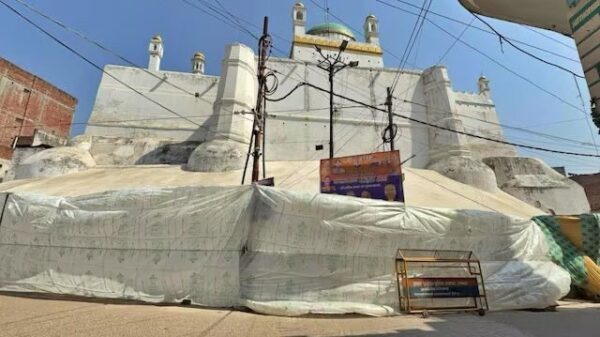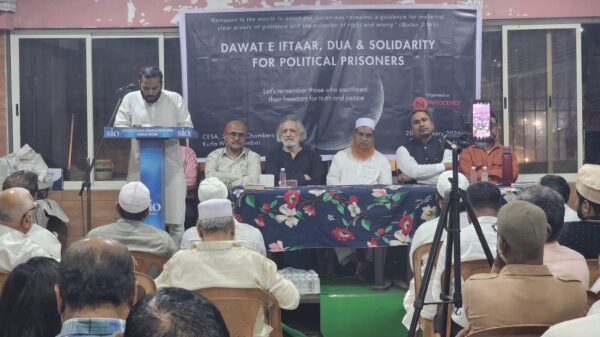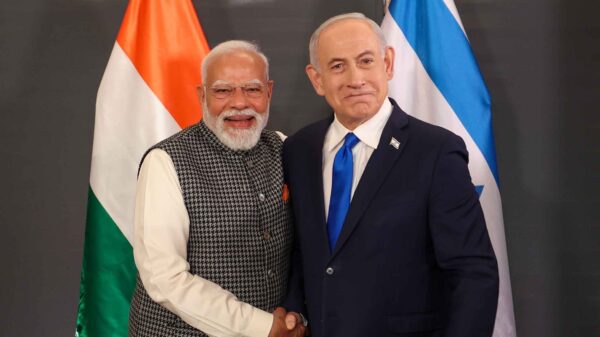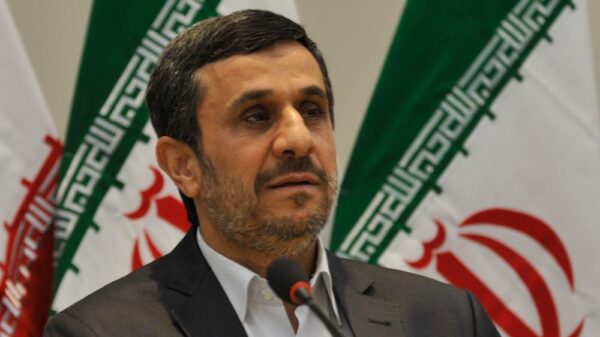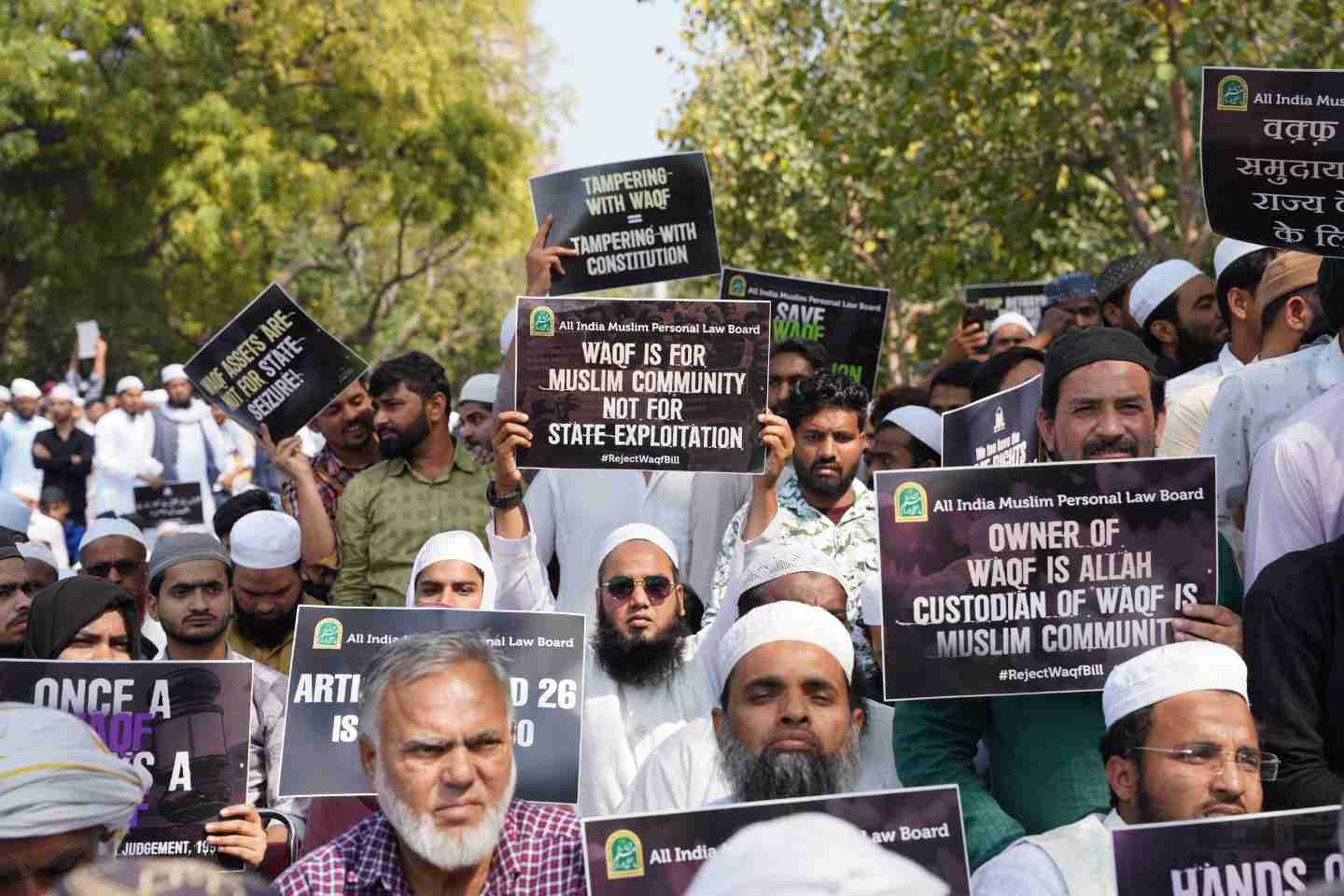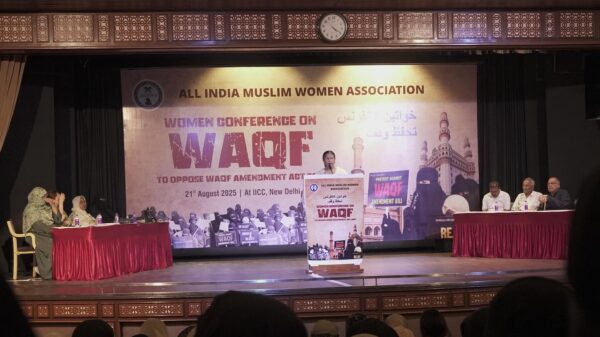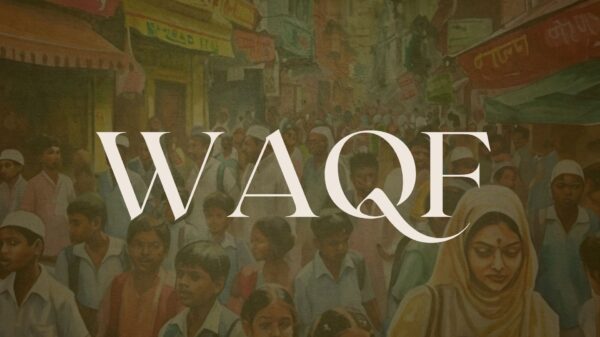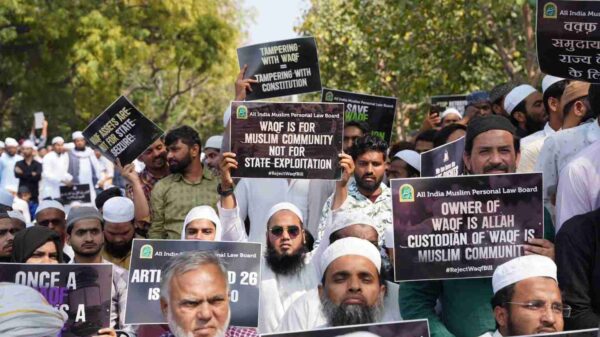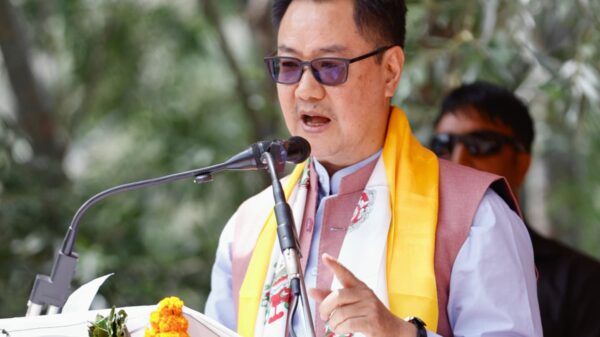The All India Muslim Personal Law Board (AIMPLB) has condemned the recently passed Waqf Amendment Bill, calling it a “severe assault” on religious freedom and the secular spirit of the Indian Constitution.
Following a high-level meeting that included board members and select invitees, the AIMPLB unveiled plans for a nationwide resistance campaign. The movement will involve coordination with religious scholars, community groups, and civil society organizations.
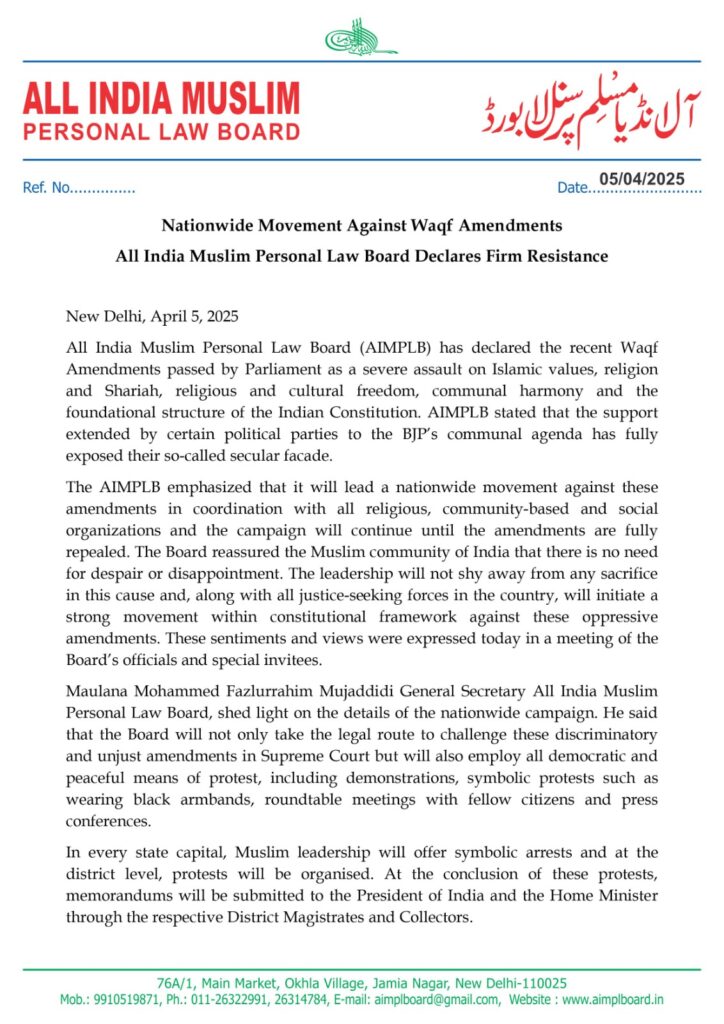
At the same time, the Board also expressed disappointment with political parties that supported the changes, accusing them of aligning with the BJP’s “communal agenda” and claimed their stance had “exposed the so-called secular facade” of these parties.
Reassuring the Muslim community, the Board said there was “no need for despair or disappointment,” and pledged that the leadership was prepared to make “any sacrifice necessary” in defense of religious and constitutional rights.
Two-Pronged Strategy: Legal and Peaceful Resistance
AIMPLB general secretary Maulana Mohammed Fazlurrahim Mujaddidi outlined the contours of the campaign, noting that the resistance would adopt a two-pronged approach: legal recourse and peaceful democratic protest.
The Board plans to challenge the amendments in the Supreme Court, calling them “discriminatory and unjust.” Parallelly, it will organize a series of peaceful demonstrations and symbolic acts of dissent, including the wearing of black armbands.
Campaign Theme: ‘Save Waqf, Save the Constitution’
The first phase of the campaign will run for one week—from Friday to the following Friday—under the theme “Save Waqf, Save the Constitution.” During this period, efforts will focus on building public awareness about the implications of the Bill.
In a public letter, Mujaddidi urged youth to remain calm and patient. “Do not act out of emotion in a way that allows sectarian or disruptive forces to exploit the situation,” he advised.
He also cited the Quran (Surah Al-Ankabut, 69):
“And those who strive for Us – We will surely guide them to Our ways. And indeed, Allah is with the doers of good.”
Crackdown in UP
Even as the Board called for calm, authorities in Uttar Pradesh reportedly began cracking down on symbolic protests.
In Muzaffarnagar, police booked hundreds of Muslims for allegedly “disrupting peace” after they wore black armbands during Friday prayers. Participants said the protest was silent and confined to mosque premises, with no breach of law or public provocation.
However, the City Magistrate’s office issued notices accusing demonstrators of incitement and threatening public order. The notices, served under Section 130 of the Indian Civil Defence Code, claim that wearing black armbands has the “potential to spread misinformation.”
All those named have been asked to appear in court on April 16, 2025. Each is also required to furnish a surety bond of ₹2 lakh. Among them is Naeem Tyagi, principal of Madrasa Mahmudiya, who reportedly did not wear an armband but was still named in the notice.
The Waqf Amendment Bill, recently cleared by both Houses of Parliament, has drawn widespread criticism. Detractors argue that it undermines the autonomy of Waqf boards and paves the way for greater government control over Muslim religious endowments.







